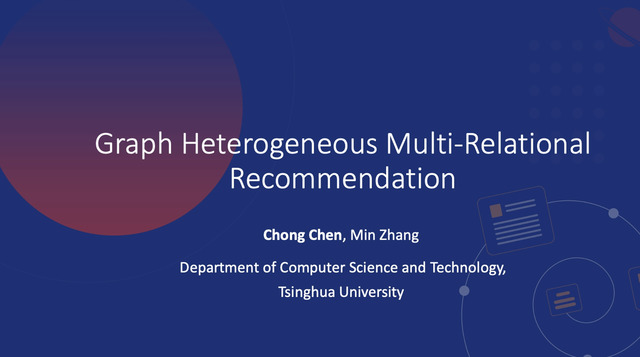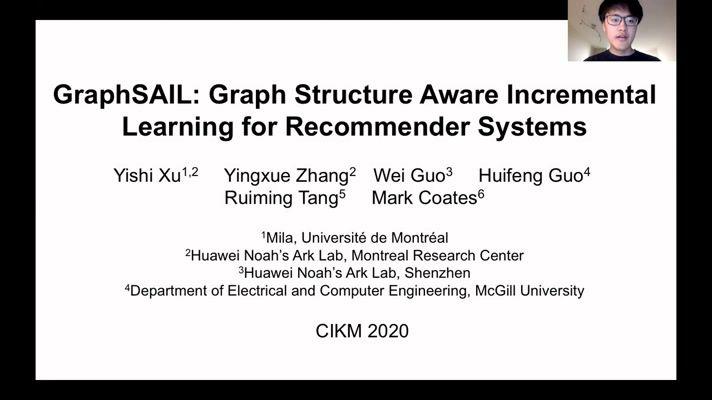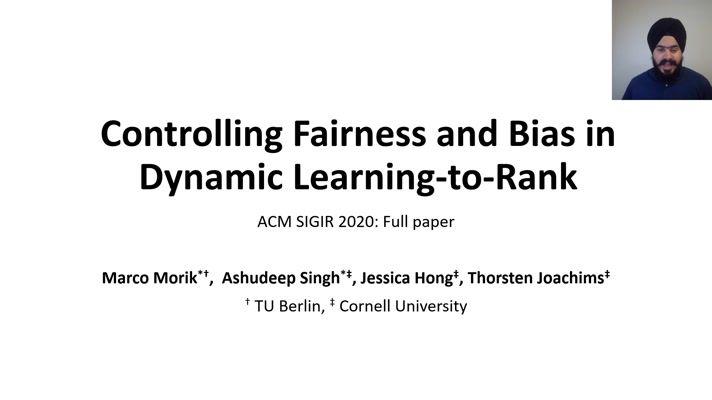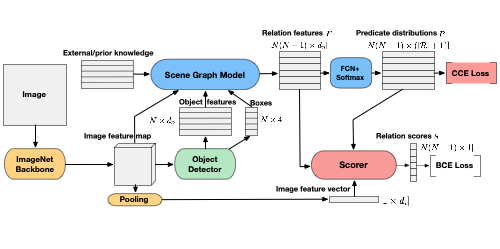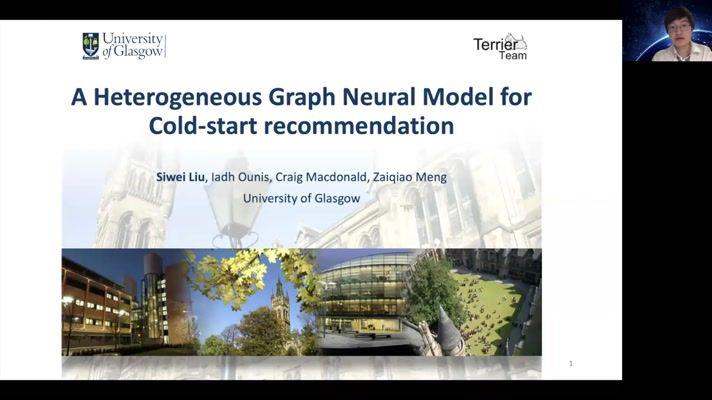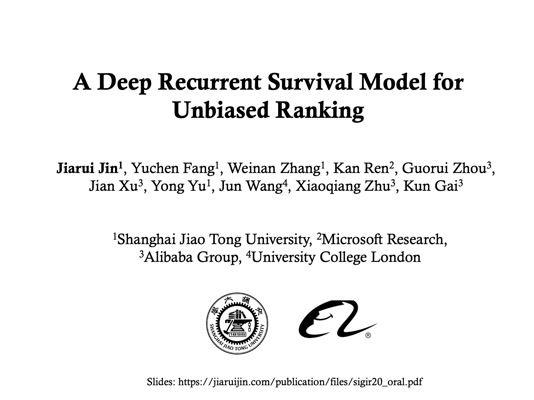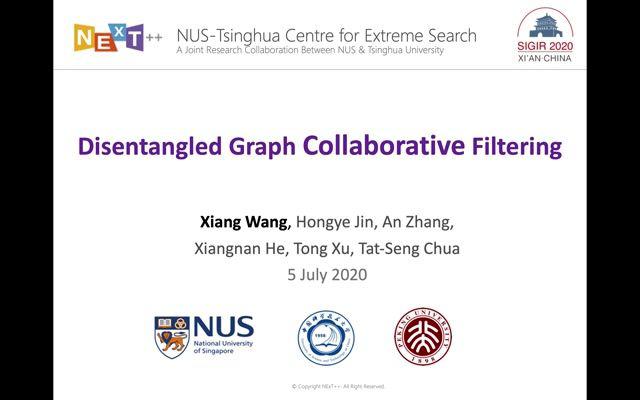Abstract:
Helpful reviews in e-commerce sites can help customers acquire detailed information about a certain item, thus affecting customers’ buying decisions. Predicting review helpfulness automatically in Taobao is an essential but challenging task for two reasons: (1) whether a review is helpful not only relies on its text, but also is related with the corresponding item and the user who posts the review, (2) the criteria of classifying review helpfulness under different items are not the same. To handle these two challenges, we propose CA-GNN (Category Aware Graph Neural Networks), which uses graph neural networks (GNNs) to identify helpful reviews in a multi-task manner — we employ GNNs with one shared and many item-specific graph convolutions to learn the common features and each item’s specific criterion for classifying reviews simultaneously. To reduce the number of parameters in CA-GNN and further boost its performance, we partition the items into several clusters according to their category information, such that items in one cluster share a common graph convolution.We conduct solid experiments on two public datasets and demonstrate that CA-GNN outperforms existing methods by up to 10.9















